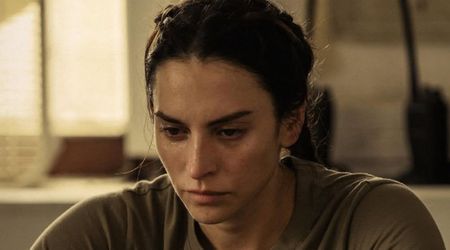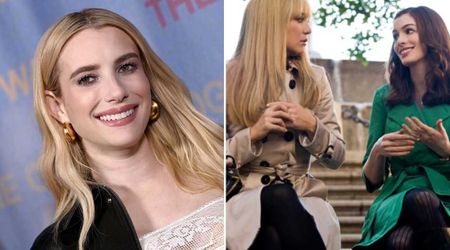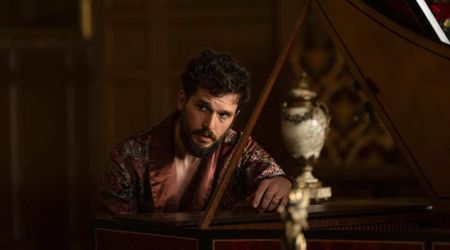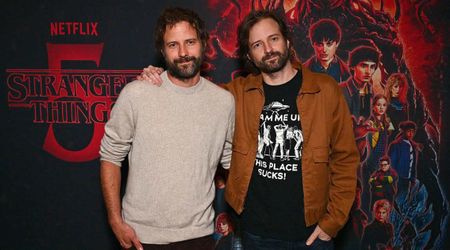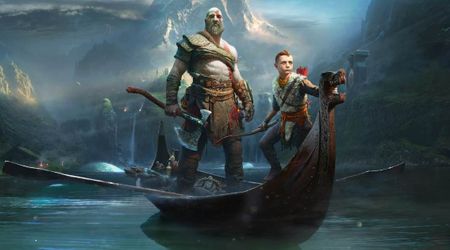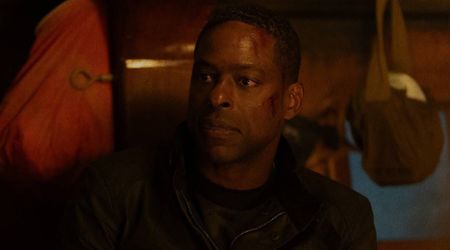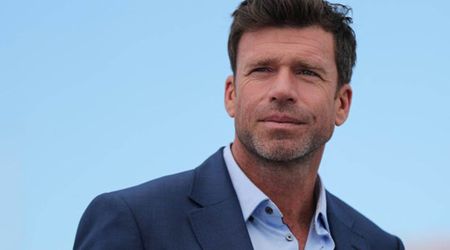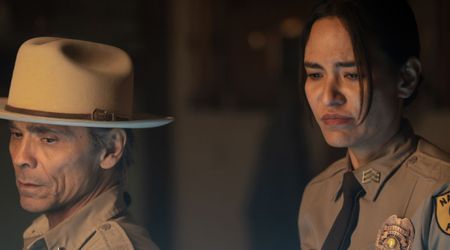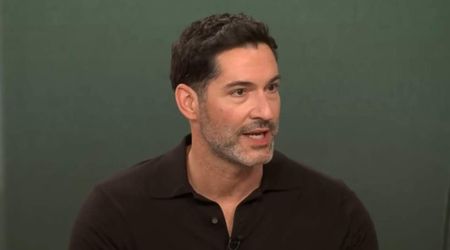Norwegian comedy 'Norsemen' may be set in the 8th century, but it's a pure contemporary beauty

When we first told you everything you need to know about the Norwegian show ‘Norsemen’, we recommended it owing to its brilliant comic timing, somehow fusing the aesthetic of 'Game of Thrones' with the zany comedy of Monty Python, and not to mention the scenic beauty of Avaldsnes in Karmøy municipality, Rogaland, Norway, where the series is shot.
The international comedy is from NRK1 (National Broadcasting Corporation's main television channel), is two seasons old with six episodes in each season, and all of them a laugh riot. The dry-as-a-bone humor - a quality often associated with the Brits - of the show makes all the 30-minute-long episodes a breeze.
The show follows an eight-century David Brent-like idiot, Orm, as he goes from being in-line for the throne to the chief of the village of Norheim.
Set in 790s Norway, 'Norsemen' follows the Vikings as they deal with day-to-day life and conflicts. The show features everything you would expect from a Viking show: power struggle, battles, betrayals, rivalries, gore, blood. And everything you would not: the conversation around gender equality, social commentary, identity, religion and culture.
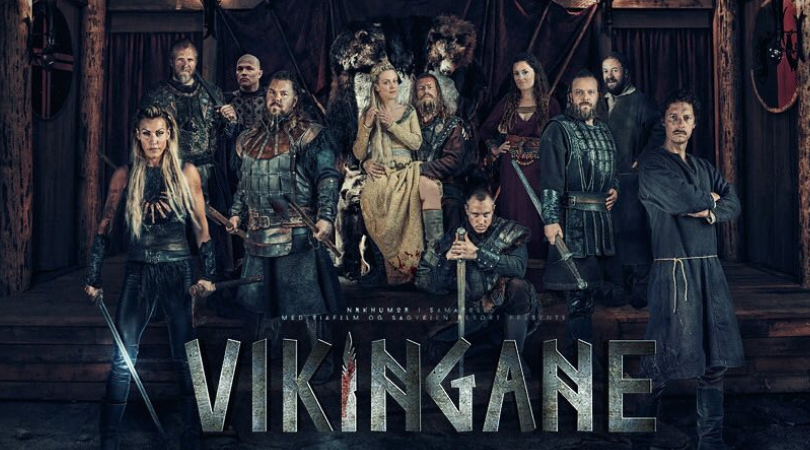
Creators Jon Iver Helgaker and Jonas Torgersen have written and directed the show in both Norwegian and English. While this makes the show truly unique, what adds to its quotient is how the show deals with some of the most important contemporary issues that we face today.
Let's take the very first opening scene for instance. Kark (played by actor Øystein Martinsen) rounds up the village's old people for ‘ættestup’ - a ritual where one has to jump over a cliff for “honor”.
This practice is partly cultural and partly convenience - for Vikings, old people are a liability who require care and support without actually contributing much to society (they aren't going to go pillaging, which is the Viking’s occupation). But when the group sees one jump to their death in the name of “honor”, they back out of the practice, with one of them saying, “I'm only 47 - it's not that old.”
This shows that even way back in the 8th century, people questioned their religion and ritual practices. A Reddit user "youcouldlickthistree" tells us what he thinks of this, “We see religion change over the years to suit the needs of the time. Eventually, people stopped throwing themselves off of cliffs and these days we can see examples of people breaking with religion traditions in almost every religion. One example that comes to [my] mind is pre-marital sex. It's supposedly a big deal, yet I have not met a single Christian who actually practised it.”
Religion and culture in any society usually tell us what we should be doing. “It's all well and good to hear someone tell you how you should behave. But when it comes to jumping off the waterfall, all of a sudden it doesn't seem all that important,” the user continues.
The same episode introduces the audience to the Vikings’ idea of slavery when a new slave Rufus (played by the marvellous Trond Fausa Aurvåg) questions them why they [the slaves aboard the ship] aren’t “served water in over 12 hours!”.
Sure he gets his nose broken but not before being told that “you’ll learn a lot of things; and… almost guarantee that you’ll make new friends.” These are slaves.
Norsemen season 2 is out now!! Enjoy! #norsemen #netflix pic.twitter.com/C1Giorj98f
— Øystein Martinsen (@oysteinmartnsn) September 26, 2018
At the same time, the village chief’s wife Hildur (played by the ever gorgeous and talented Marian Saastad Ottesen) is ready to sacrifice some slaves to please the gods.
“I know ritual sacrifice isn’t a perfect science, but I feel really confident about this one.”
The scene makes a case for slavery in the context of the show, which is set in the 8th century, but also tempers it with notions of democracy, a concept that would have been alien to the Vikings' way of life.
Reddit user KleineSandra tells MEA WW, “Hildur wants to chop Kark's head off to sacrifice him to the Gods, while he's trying to talk her out of it by implying that two sacrifices are just about enough to please the Gods, 'don’t you think a third sacrifice is a little unnecessary?' - is the first thing that comes to my mind to represent both slavery and democracy.”
While Chieftain Olav's brother, Orm (played by the brilliant Kåre Conradi), thinks of sacrifice as a hassle - “all that screaming and commotion".
As the series progresses, Kark becomes free but voluntarily returns to his life as a slave, and this could be considered the show’s absolutely remarkable treatment of Stockholm syndrome.
He has had several near-death experiences, is pushed around, beaten and even branded with hot metal - but he comes back because that is the only way he knows how to survive.
‘Norsemen’ might be set in the eighth century, but the issues faced by the Vikings are the same as yours and mine - and the show succeeds in highlighting this by wrapping them all in ludicrous humor.

